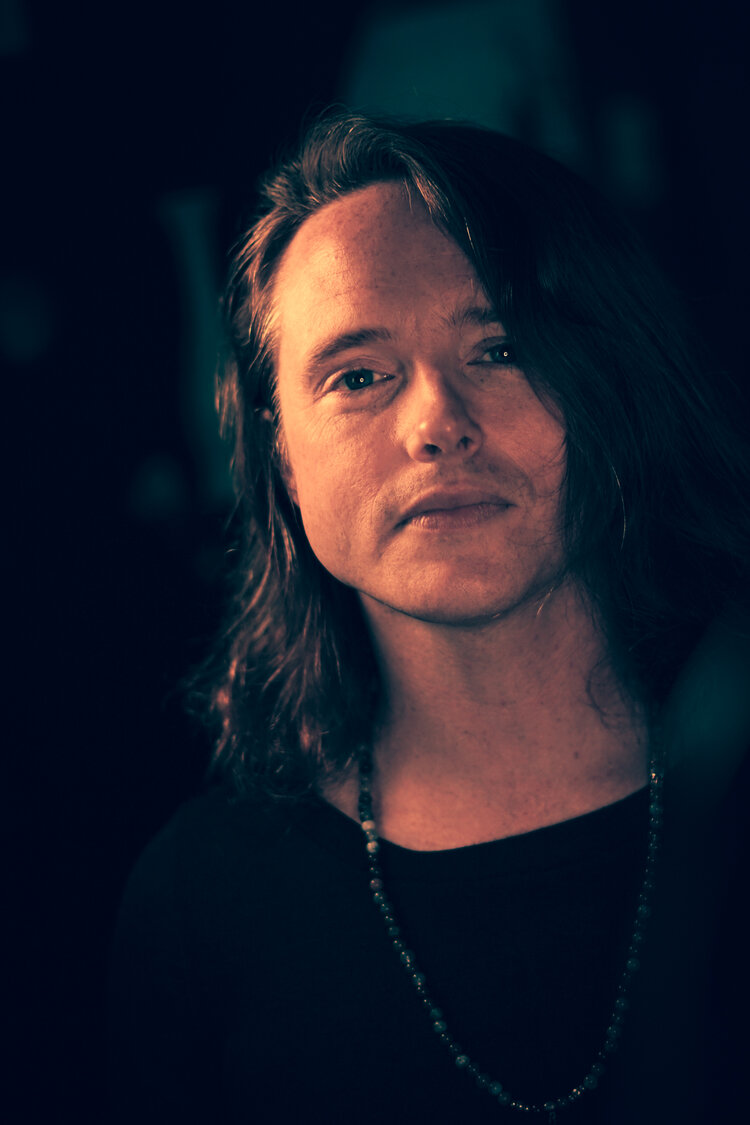This White Skin of Mine
- Lance

- Jul 9, 2020
- 7 min read
Updated: Jul 10, 2020
One of the things I struggled with accepting about myself and my body growing up during that, oh so precious and delicately awkward phase of adolescence for many was the color of my skin.






